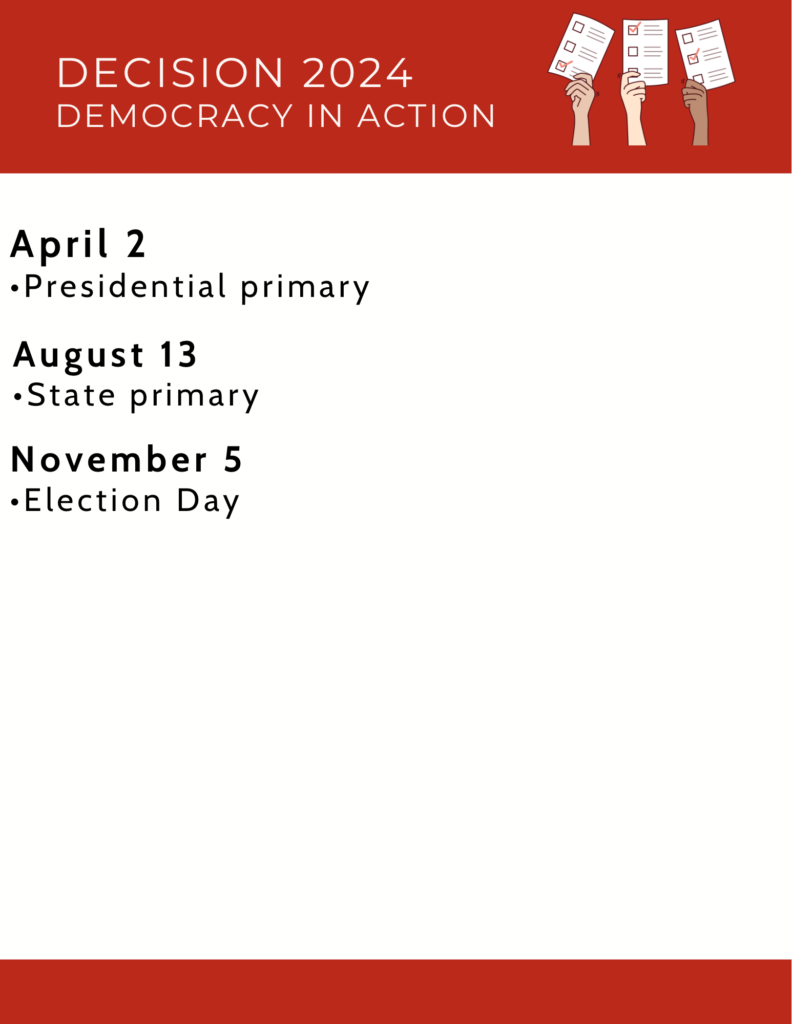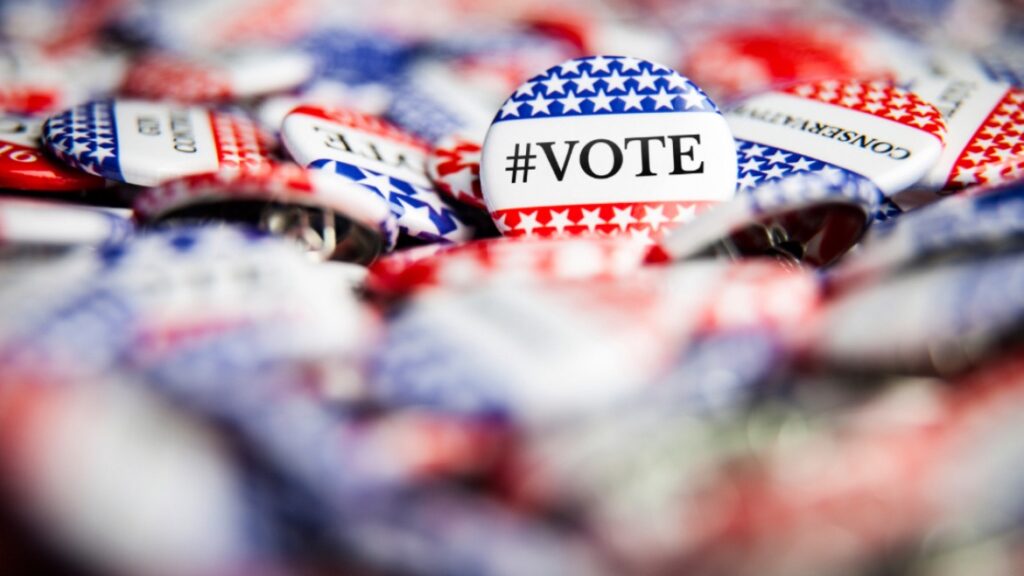The commencement of the 2024 election season is marked by the initiation of voting in Iowa on January 15. This period encompasses the presidential primaries and caucuses across the country, extending until June.
Hispanic eligible voters tend to be younger than eligible voters overall, according to a new report by the Pew Research Center. Only 33% of Latino eligible voters are ages 50 and older, compared with 48% of all U.S. eligible voters.
Knowing the voting requirements before heading to the polls is essential, as the rules can be complex. Are you eligible to vote in the primary? Is pre-registration necessary? What kind of identification, if any, is needed? We at Illinois Latino News (ILLN) want to help you find the answers to these questions.
Voting procedures were altered by laws passed in 2023, potentially impacting how you participate in elections.
One notable change is the shift of the presidential primary to the first Tuesday in April, specifically on April 2, 2024. Previously, this primary took place on the last Tuesday of April.
Connecticut now provides the option of early in-person voting. For the presidential primary and special elections, voters will have four days dedicated to early voting. The state primary allows for seven days of early voting, while the general election extends this period to 14 days. Additionally, voters participating in the November general election can vote on a constitutional amendment that would permit no-excuse absentee balloting.
Due to redistricting implemented in 2021, certain boundaries of state legislative and U.S. congressional districts have been altered. Consequently, these changes may impact the candidates appearing on your ballot.
Important Dates:

In Connecticut, only voters who are registered with a party may vote in that party’s primary.
While most states utilize primaries to choose their presidential nominees, nine states, including Iowa, continue to opt for caucuses as their selection method. Unlike traditional primaries, where voters privately cast their ballots, caucuses involve them gathering together to express their preferences openly.
For the upcoming election, the Democratic and Republican parties will hold caucuses in Iowa, Idaho, and Wyoming. However, only the Republican party will conduct caucuses in Alaska, Hawaii, Missouri, Nevada, North Dakota, and Utah.
Registration deadlines and requirements differ across states. In 42 states and the District of Columbia, online registration is available. Additionally, in 22 states and D.C., you can register and vote on the same day. If you choose this route, it is vital to have proof of your residence ready, such as a driver’s license or ID card. Some states may accept documents like paychecks or utility bills with your address as proof of residency. In certain states, same-day registrants may need to sign an affidavit or take an oath attesting to their eligibility and confirming that they still need to vote.
Under the “motor voter” law, states must allow individuals to register at motor vehicle offices. According to the National Conference of State Legislatures, approximately one-third of all voter registration applications are submitted through motor vehicle offices annually.
After hosting the Democratic National Convention in 1996, the event will return to Chicago on August 19-22, 2024, at the United Center. The 2024 Republican National Convention is scheduled to be held July 15 to 18, at the Fiserv Forum in Milwaukee, Wisconsin.
Election Day is Tuesday, November 5.
Resources:
How to Vote in Connecticut’s 2024 Elections: https://states.aarp.org/connecticut/election-voting-guide
Connecticut Secretary of State: https://portal.ct.gov/SOTS/Election-Services/Town-Ballots/Ballots
How We Cover Democracy: LNN’s Promise





